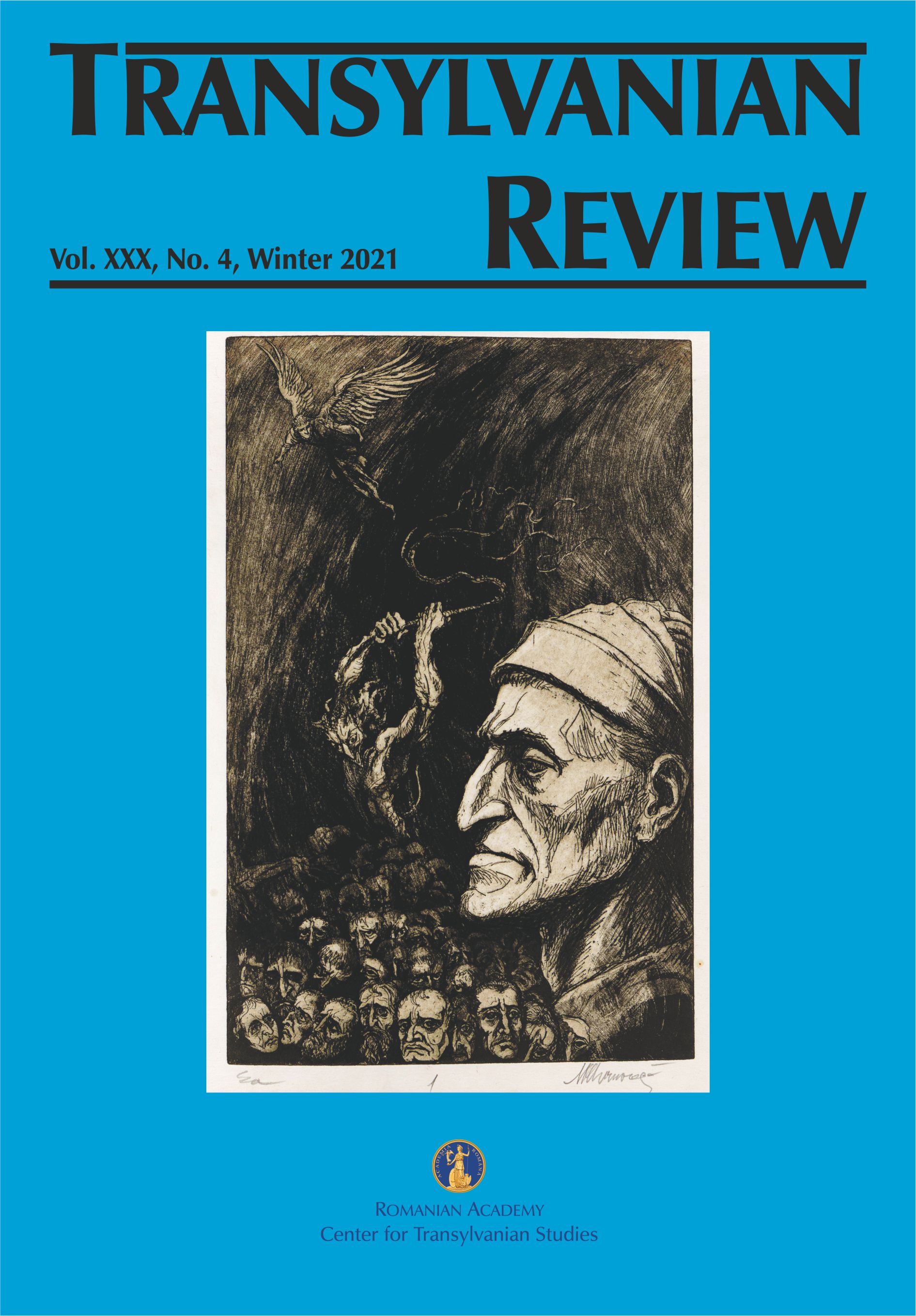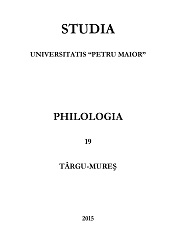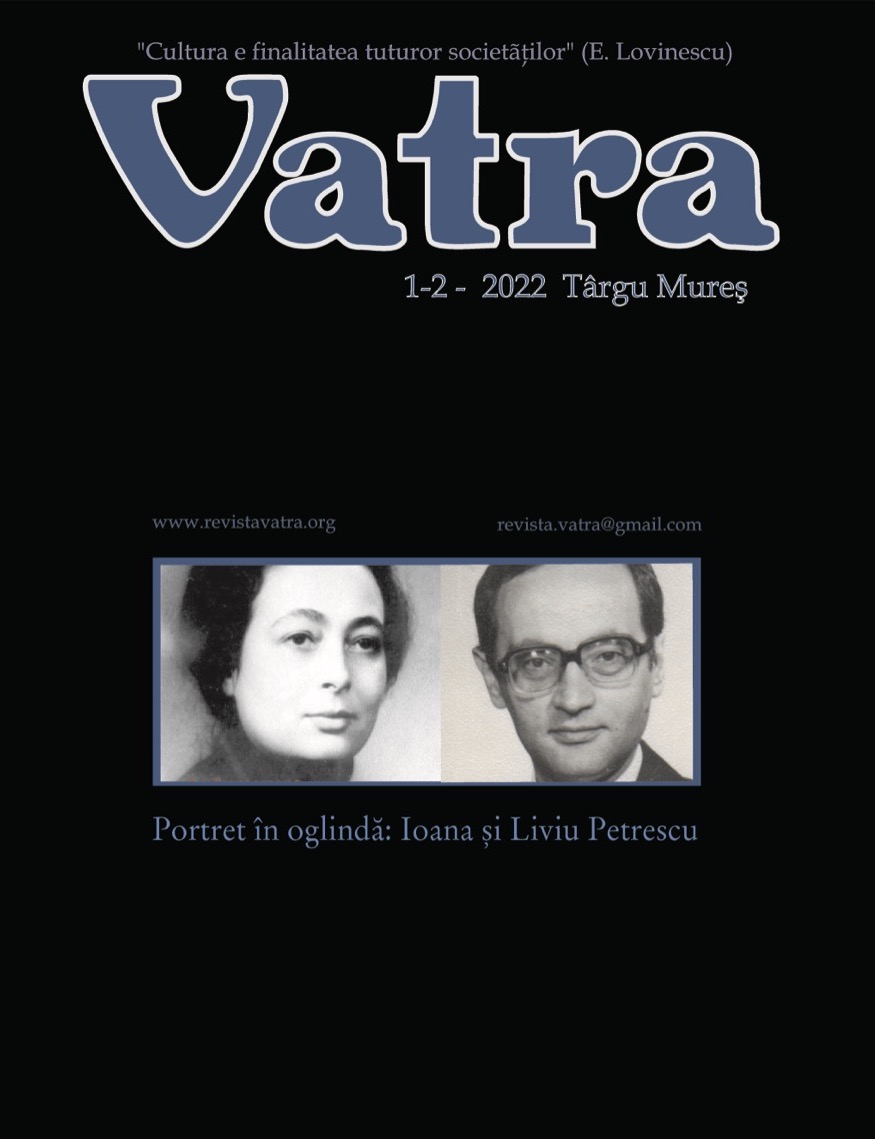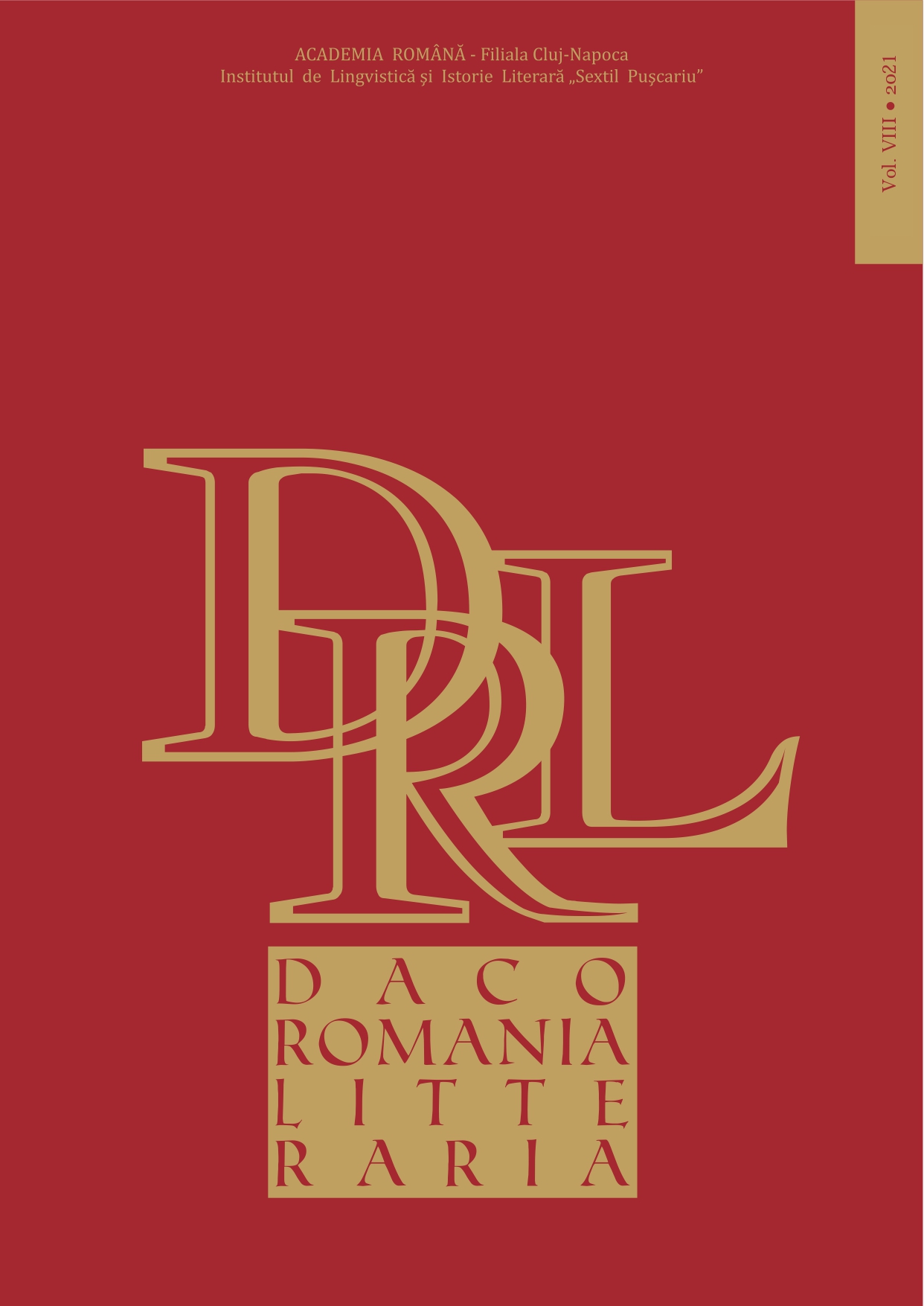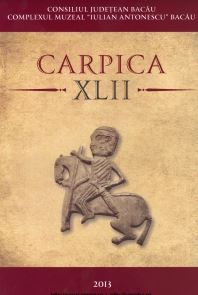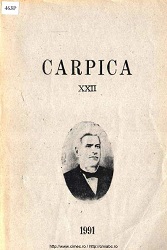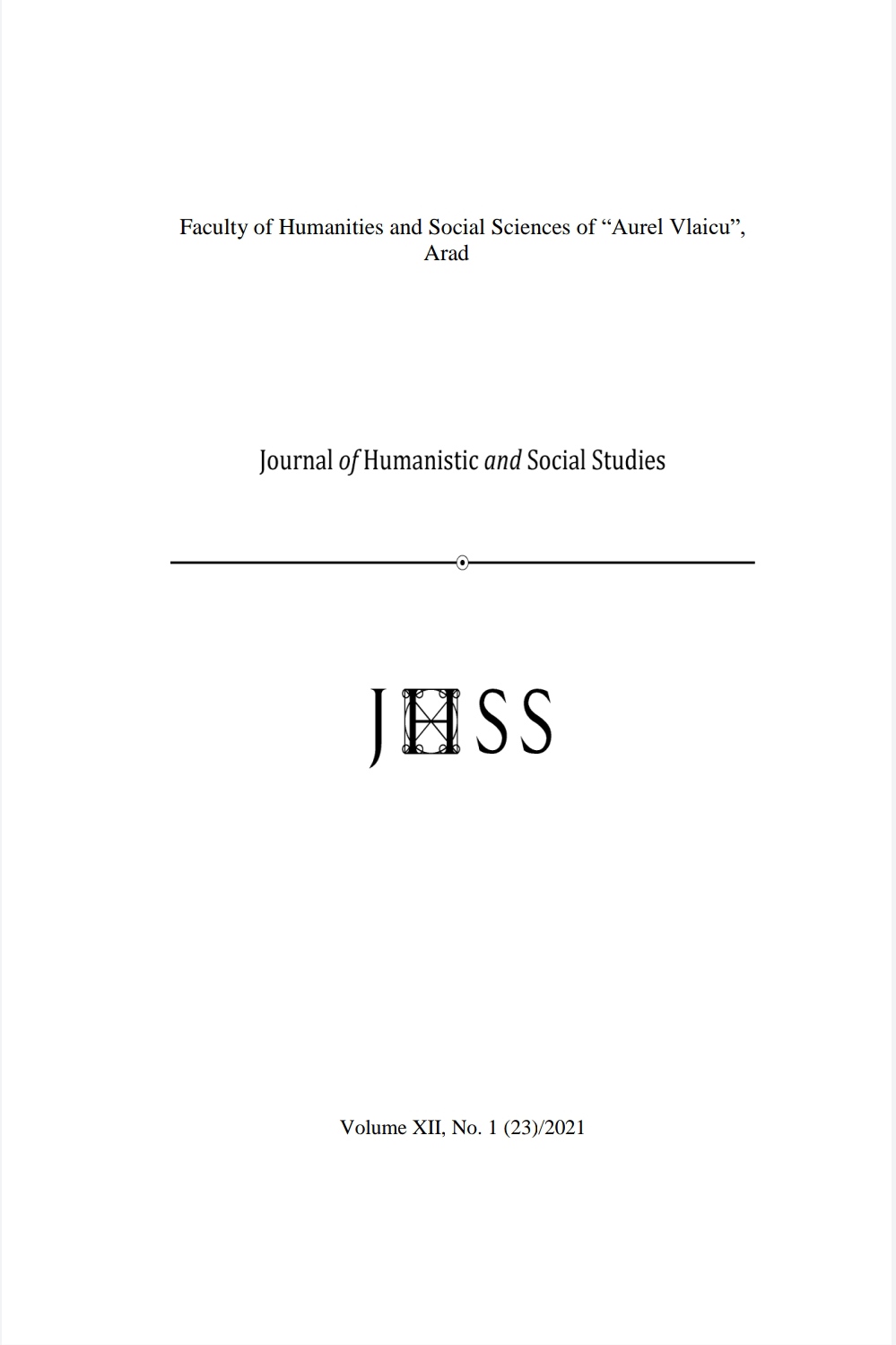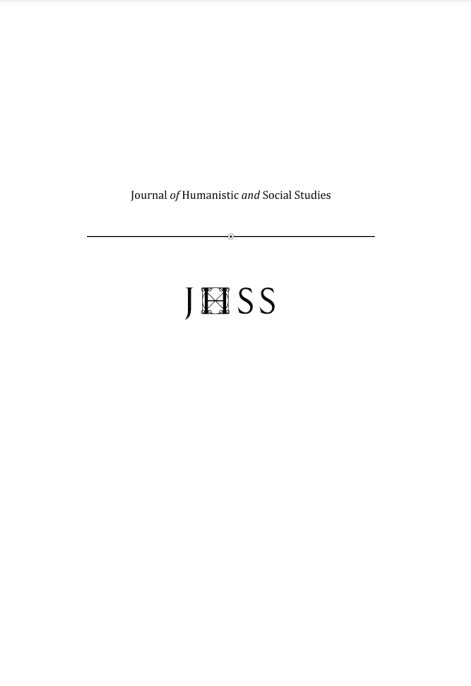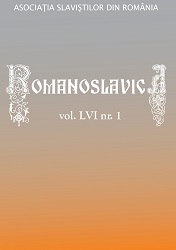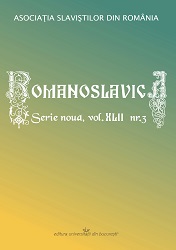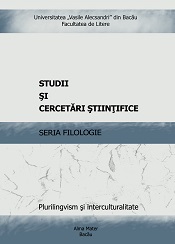Author(s): Iulian Boldea / Language(s): Romanian
Issue: 1-2/2022
A large section dedicated to a couple of intellectuals and historians of literature, professors at Babeș-Bolyai University, great models for generations of students at the Faculty of Philology, Ioana and Liviu Petrescu.
It is not at all simple or easy to say what Ioana and Liviu Petrescu represented for Romanian literature, for Alma Mater Napocensis, for the generations of students who had the chance and the privilege to know them, to listen to their courses, to listen to their advice. and reading suggestions. First of all, their presence was bright, bright, beneficial, stimulating. I am among those who had this unexpected luck to be able to hear their courses, Ioana's Eminescu course and Liviu Petrescu's Comparative Literature course. The teaching style was, of course, different, particular: "She was sitting in the chair, always chilled, dressed in clothes that would protect her somewhat (so my capricious memory remembers her, although she must have had hours and warm weeks), gesturing very Liviu Petrescu walked through the benches and accompanied his words with hand gestures and sudden stops, in which he stared intently out the window, as if something remarkable had happened there (it was the landscape of the beautiful inner courtyard of to the faculty, nothing ever happened there, Mr. Professor had of course seen something important inside him) ”(Sanda Cordoş). I was dealing with the same spectacle of literary ideas and detailed text analysis, I was in front of a vivid demonstration of intelligence, vocation and professionalism. Charismatic, incredibly fragile, bright and beautiful, Ioana, distant and of impeccable rigor, Liviu, the two embodied the idea of passionate-lucid intellectuality, but also the ideal of a subtle, spontaneous, natural mentoring. Not only I, but many of my colleagues, felt the passion of knowledge through this stimulating momentum, we were guided to the horizon of the literary text by the nature of a comprehensive, implicit or explicit hermeneutics. Our two teachers taught us how to read a book critically, they taught us "the art of irony, they taught us moral lessons with the naturalness of deep breaths of fresh air" (Ioana Bot), teaching us to be what we are now each of us. For the courses in which I participated fervently were not only demonstrations, analyzes, and interpretations of literary works, but also pleadings for a highly assumed ethic of research, pleadings for beauty, truth, and good. The balance of life and the excellence of the work outline an exceptional intellectual destiny, because, as Ion Pop writes, “there was a beautiful equality of intellectual balance between them, a complement that harmoniously rounded their lives. If Liviu Petrescu had followed the universe of prose more closely, Ioana would have dedicated herself more to the poetic phenomenon. " Their books are thus signs of a full, nuanced, and necessary understanding of the world and of Literature. Ioana and Liviu Petrescu left us much too early, but even now, so many years after their disappearance, their voices resound with the same force and force of conviction in our emotional memory, with their unique timbre in which, beyond the tribulations of the human , the dimensions of a high formative intellectuality, shaping of consciences and characters are found. They were the Teachers we all needed at some point, and the luck of meeting them, of being able to see and hear them marked our destiny, life, career in the happiest way. The thematic file of the "Vatra" magazine entitled Portrait in a Mirror: Ioana and Liviu Petrescu has the purpose of bringing back to our memory two of the exemplary figures of the Romanian literary criticism. Thank you to everyone who got involved in this project of our magazine. I thank Ioana Bot for the suggestions, for the ideas and information provided that helped me a lot in setting up our project, I thank the County Library "Octavian Goga" in Cluj-Napoca, Popovici-Petrescu Fund, for the materials he put available and, of course, I thank all our collaborators for this thematic file with gratitude and emotion.
More...
